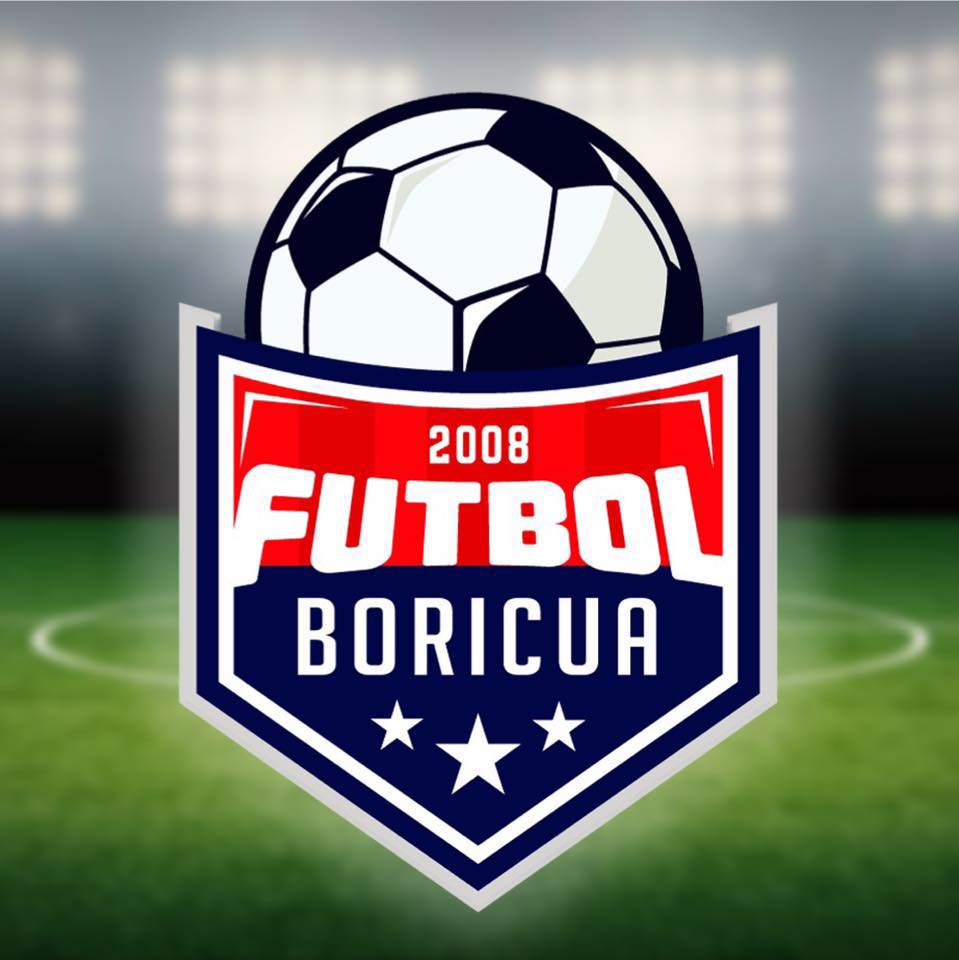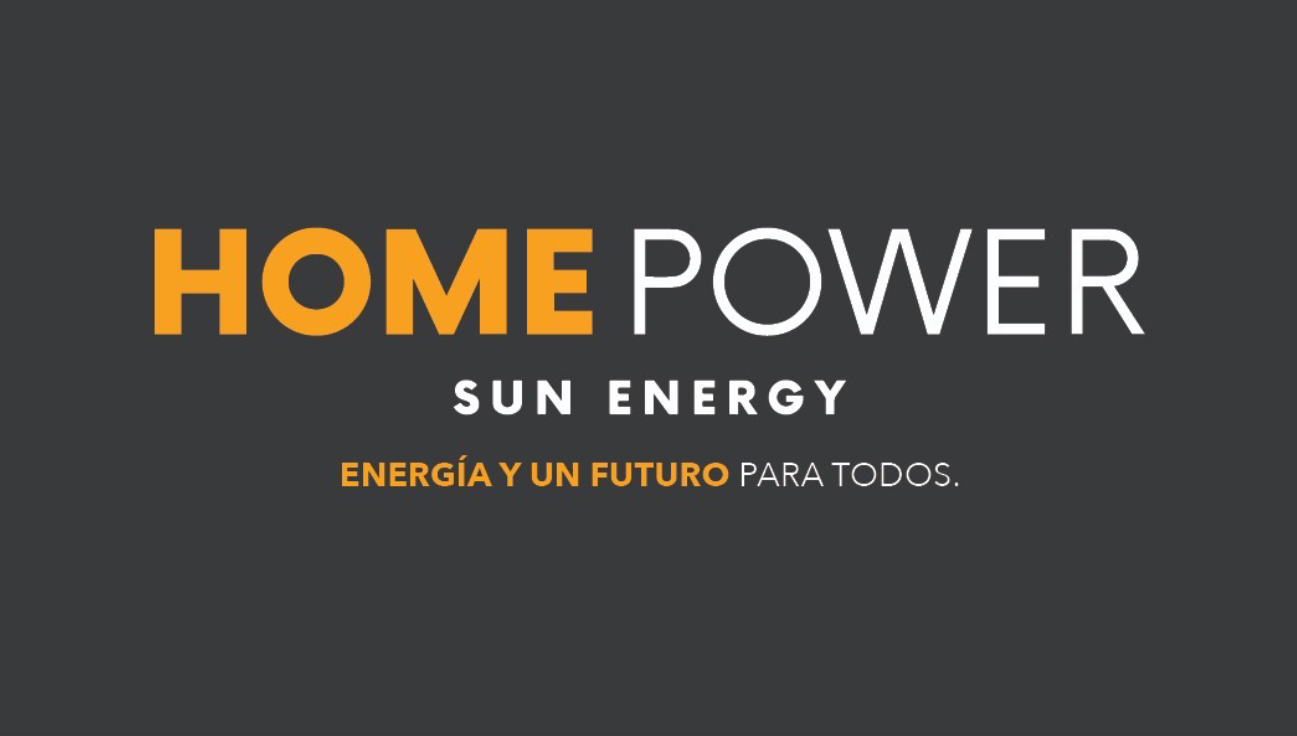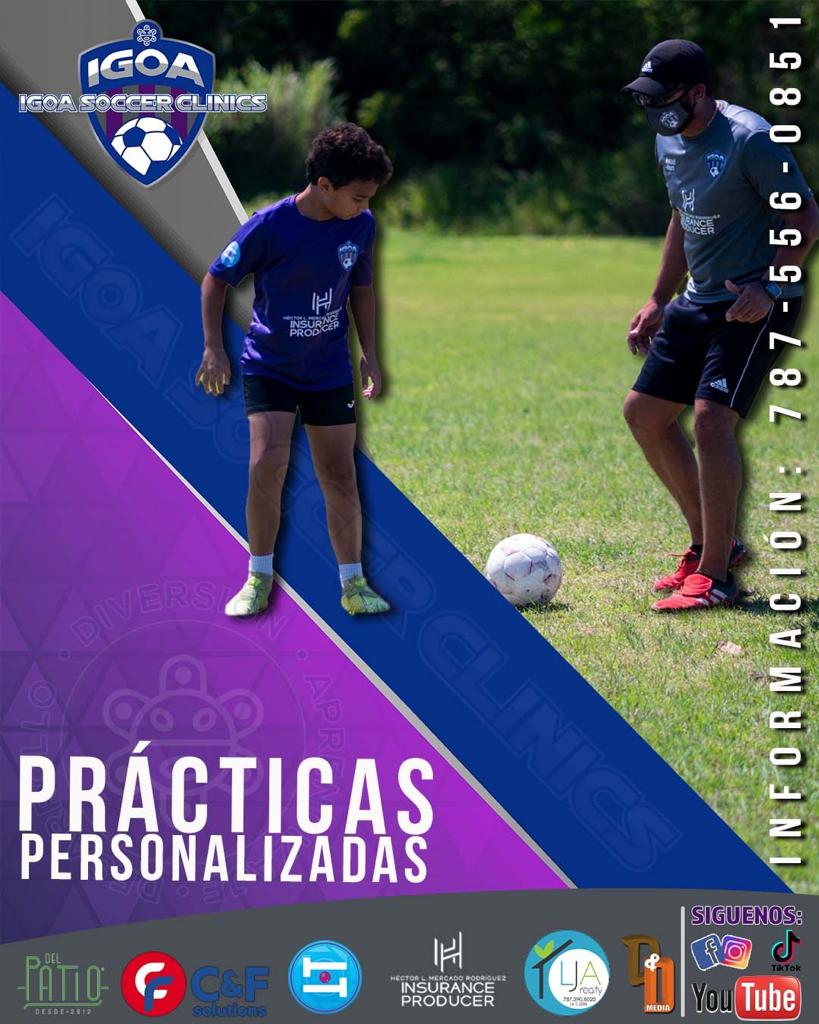David Fellerath · 5 Oct 2009 · IndyWeekBlogs

Fans from the 204 Depot after the RailHawks’ 2-1 victory over Puerto Rico on Sept. 12. (Photo by Jeremy M. Lange)
Last night the Vancouver Whitecaps and the Montreal Impact advanced to the USL-1 finals with victories in the two-leg semifinal round. Not only will there be an all-Canadian final, but this represents the victory of the No. 5 and No. 7 seeds over the league’s “big four” of Portland, Carolina, Puerto Rico and Charleston that had dominated regular season play.
And there’s an irony at work, too, for the two remaining teams are also members of the dissident USL-1 owners’ group known as the Team Owners Association. Last week, the USL took steps to sever ties with Carolina, Miami FC and Minnesota, by sending emails purporting to release those teams’ players from their contracts, and by removing links to those clubs on the USL Web site.
We spoke with RailHawks president Brian Wellman over the weekend and he clarified a number of issues, including the fact that Vancouver and Montreal have not renewed their franchise agreements with the USL, but were not included in the league’s actions last week simply because they are still playing.
“The day [Montreal and Vancouver] stop playing,” Wellman said, “they’re going to receive everything we received because they’ve not renewed.” That day will be Oct. 18, the day after the second leg of the USL finals.
Wellman also said that the Carolina players are under contract to the RailHawks, rejecting the USL’s position that the players are now free agents. He noted that the players have not been released by the United States Soccer Federation, the sanctioning body for American soccer.
We also discussed the options facing the TOA—including possibly partnering with the MLS—along with the status of the RailHawks player contracts and the surprising fact that, despite the decline in reported attendance, the RailHawks actually experienced a rise in paid attendance this year.
TRIANGLE OFFENSE: It sounds like the USL sent out a note to the three teams (Carolina, Miami, Minnesota) that the players are not under contract anymore. Is that right?
BRIAN WELLMAN: Contractually speaking, while it is true the RailHawks have not renewed their franchise agreement with the USL-1 for the 2010 season, there’s still a chance that could happen-and several other teams haven’t either. There was a specific date when the franchise agreement ran out which meant our contract expired with the USL, but our players are under contract with the RailHawks and they’re still under registration with the federation—the USSF [United States Soccer Federation]. It’s a little misleading because under normal circumstances when you let a player go out of contract he goes onto the list and anyone can talk to him. Under this situation its very unusual that all the TOA teams are getting the same information but at the same time the federation is not releasing any of our players from their registration with our club. It’s a little unfortunate, it may have been a bit of a posturing, scare tactic technique on the part of the league due to the nature of the negotiation. It was unnecessary and unfortunate. We met with our players today [Saturday, Oct. 3] for about an hour and a half to explain the entire situation. Our players are under contract with us, and they’re under registration to the federation whether we play in the USL, in a new league or partnering with the MLS, wherever we play next year, our players are under contract with us. That’s the bottom line.
It seems like what’s happened in the last day or two was kind of aggressive on their part.
It does, Until I get the full story, I can’t say. Sometimes people get it wrong, especially over the Internet with email. I just can’t say… our players were in disbelief because we keep them really educated about what goes on in the entire league. So, we explained it to them in business terms, straight business […] It’s business. They were all really confused as to why [the USL] would do that. And I think we are, too. Until we get more information as to why they did that, it’s hard to say.
Do you think the USL was somehow trying to split the players against the owners?
I hope not. Certainly Carolina—the Wellmans, Bob Young and Dr. [H. Paul] Singh and all our friends from Montreal, Vancouver and Minnesota and these other cities-we’re in it for the good of the game, for the good of the players. That’s something that probably shouldn’t have happened.[…] We’re not quite sure why that happened. It’s unfortunate, but we still don’t know exactly why that happened.
Have Vancouver and Montreal paid their fees for next year?
I don’t know anything about “fees”—I’m sure they have, but what I think you’re referring to is “have they renewed their franchise agreements?”
That’s what I meant, yes.
First of all, Vancouver and Montreal, they can’t be contacted at all because they’re still playing [in the USL playoffs]—even though they’re in the TOA, they’re in our situation. The day they stop playing, they’re going to receive everything we received because they’ve not renewed.That’s the only reason why [they didn’t receive the same email as Miami, Minnesota and Carolina], because they’re still playing.
How would you characterize the state of negotiations between the TOA and the USL right now?
It seems like it’s deteriorating, but at the same time we really haven’t met with them one on one as a group to discuss our goals collectively. They met with a few of us individually for a couple hours, but that was a day trip, more of a discovery process. We’ve not really sat down to put our business plan together and our vision for the league and the growth of soccer. There’s a lot of work to do.
What’s the priority, what’s the TOA’s priority right now going forward?
There’s no secret in that. This group of owners understands that the success of the league and each individual franchise is going to rely on a strong ownership group having control of decisions, everything from business to marketing to commercial rights because up to this point there’s never been any support in those areas from the league. We recognize that if we’re going to compete with the MLS and the rest of the world, for that matter, then we have to get more up to speed with our marketing and our commercial rights and our sponsorships from an investment standpoint and all the components of professional sports leagues have to compete in. It’s pretty common sense, it’s not really a complex matter.
Are there specific things you’re looking for that would entice you to resolve your differences and rejoin the USL?
What we’re looking for is leadership and all the aspects of a pro sports league. The USL is an outstanding organization from a management standpoint of keeping things moving in the right direction, paper-wise, organizational, scheduling, planning—they’re great at that. But there’s nothing in the USL promoting a top-notch pro soccer league to compete where it needs to compete where individual franchises are successful.
Attendance was down for many clubs this year, including the RailHawks. Do you see that as a function of a specific problem in the marketing of the league?
The answer is yes and no. Yes, we clearly know that, from a macro standpoint, our fan base could be increased with a larger marketing and advertising and branding reach without a doubt, while at the same time, the RailHawks did experience a rise in paid attendance this year.
Really?
With our first two seasons, with our partnership with the former New York group [led by club founder Chris Economides, now the senior director of USL-1], we’d been heavily comping tickets to matches just so people would come. Where we cut that out this year, and minimized that to only necessary comping for advertising trade and business partners, etc., we relied on paid attendance. While the stands looked less [full] and the final attendance number was a little bit lower, we actually had a higher paid attendance. I think that’s a good weed-out process-you can see the people in the stands and if there’s 3,000 of them, they’re completely into the game, they’re RailHawks fans and they’ve chosen to come there, as opposed to a bunch of people who are just there because they got a free ticket.
I didn’t realize there had been so much comping.
We just analyzed the budget, since the season ended—we’ve worked 12- to 14-hour days since Sept. 27, because when the season ends, all that excitement goes away, all the game days and all the travel, that goes away, the day the season ends, you’ve got to sit there and scrutinize the business. So, we’ve just been breaking down the numbers and we were surprised to see that paid attendance did go up.
Would you be able to give out a number, what percentage it went up?
I couldn’t right now, it would take me going back to the spreadsheet and pull out a calculator—
OK. Well, there’s a bit of good news.
There’s a lot of good news—there’s more than the shroud of the league type of stuff. I think it’s a little more dramatic-sounding than what’s going on out there. The RailHawks are a pretty strong team […] We’re excited no matter what happens. If we work something out with the USL, that’d be great. If we have to start our own league, that’d be great. If we start our own league and start a partnership with the USL, that’d be fine. We could even start a league in affiliation with the MLS. There’s no secret there’s been a lot of meetings between their league and our league. So, the options are good. The TOA is a strong group of owners holding out for something better. The status quo clearly isn’t going to suffice.
Have you met face to face with the NuRock people yet?
Yes, we met with [NuRock chairman and new USL CEO] Alec Papadakis—I believe it was last Monday. Quite frankly, Alec shared a lot of the similar philosophy that the TOA shares. Unfortunately, time is so short right now—we just met him and all of a sudden these deadlines come up, USL franchise agreements and contracts, which are all contracts—they are what they are—you can’t deny them. Even though there are negotiations going on, the USL can’t withhold their contracts. I think the language they put it out in was confusing and maybe uncooperative, but again we’re not sure how that all happened—it was more technical and more on a middle-management level than ownership level. I think it was a little bit of a shock to everyone including, believe it or not, people higher up on the board of the Federation and the USL that that happened. I don’t think [the communication] was contrived but the fact that it happened made things a little more difficult than it should.
But back to Papadakis, he played in the North American Soccer League [the old NASL]—gosh, I think it was the Atlanta Chiefs and couple other teams—he was there in the old days of the NASL, he’s been a contract lawyer for 35 years, he’s an intelligent man, he played in the pro league when it was successful—he’s very well-studied in what’s going on. A lot of his beliefs are very much from a player and coach standpoint, soccer on the field, but at the same time he’s a businessman over many years, so he’s got kind of dual knowledge, which is rare. He’s kind of a player, coach and executive kind of guy, kind of like Martin Rennie, he knows both sides of the business. There’s a lot there that he understands, but now there’s the huge issue of time. But we did have a good meeting with him. He shared a lot of similar things with us but unfortunately we just need more time to talk this out so everyone gets what they need.
Could you talk about the contract situation? Do you have players who are under contract for next year, do they have options? Is there a way you can generalize what a typical contract situation is?
We’re probably in a situation right now, to be real general, where, I don’t know, 40 percent of our guys are under contract for next year, another, let’s say, 40 percent are under an option and then another 20 percent are not under contract. So, the majority, the huge majority is either under contract or under option. And, not to get off track, but a lot of those option players are ones we definitely want back. We’ve spent six days and we haven’t renewed this option and obviously this is a little bit of a distraction, but the majority of our players are under contract with an option. There are a few players not under contract, regardless of anything that’s going on […] they’re still not under contract, so any team could negotiate with those guys if they want them that bad, the ones that are not under either a two-year or a one-with-an-option.
I’ve been wanting to know this for a long time: How does the option work?
It’s real simple. Basically, an option is, the day of the last game of whatever team, say the RailHawks on Sept. 27, any player under a two-year deal with the second being an option, there’s 30 days where the team and the player have to renegotiate the terms of the contract. If, after 30 days, there’s no agreement, then the contract is automatically renewed with a 10 percent pay raise. That’s it.
Can you tell me about the contract status of certain players, say, [Daniel] Paladini or [Gregory] Richardson?
Nah, we shouldn’t get into that right now, because our team is so tight. Like I said, 80 percent of our players are on one- to two-year deals or a year and and option. Our team is so close, we got together this morning for two hours in our suite and we had a good time, we had fun discussing it. We had a photo shoot for a diabetes walk this morning. There are players under option, we’ve had six days and you can only talk to one or two guys a day. My goal is to keep the RailHawks together and cohesive and not have any player or fan worry about all this nonsense going on. What I really want to talk about is—if we could tell you what we’re really working on: We had incredible camps this summer, and we’re launching an elite skills UEFA-”A” training academy camp in the next two months, through the winter. We have amazing programs we’re just going for, and I’d rather accentuate that. […] I don’t think people care too much if we play in the USL or in the new NASL or whatever it’s going to be, or in partnership with the MLS. I don’t think they care that much. ‘That’s the RailHawks, this is what we do, this is what we can expect every Friday and Saturday.’ […] I’d kind of like to get past this turmoil part. The old AFL and ABA, they were probably the first enemies to the NFL and the NBA—they just hang around and hang around and hang around. The bigger league sees value in them and merges with them or partners with them. develop franchise, that’s how we feel about this whole thing. Just for the good of the game it’s better to try to better the team, the franchise and the game in general.
Another question about the contracts: After 30 days—that’s Oct. 27—
That’s when we’d have to [resolve] any option contracts, yes.
Would that put some pressure [on you] to resolve what league you’re going to be in next year?
No, no, no, that’s independent of all that. That doesn’t mean anything. These guys can figure out what’s going on. They have families and young children. We’ll resolve all this before the holiday break, if you will. If we don’t, these guys will become disillusioned and go out to other clubs, and that’s just now how we operate. We communicate with every player face to face, every day.
What should we look for over the near horizon?
I wish I could say more, but—the options are: resolving with the USL and NuRock, or forming our own league, or forming our own league and in turn partnering back with USL, or with the MLS, possibly.
If there’s a new league, it will have to be certified by the USSF and FIFA, right?
If there’s a new league, we’d have to file an application with the federation to be approved for a new league. But we meet all the requirements.
So that would be a formality?
I wouldn’t say that. It’s still a process, but we meet all the requirements
